Will you lose muscle or build muscle by running?

Many people ask the question over and over again:
- “Does running build muscle?”
- or “Does running make you lose muscle”
The questions above are not easy to be answered shortly. There is not a clear Yes or No answer because it depends on other factors.
Assuming you do strength training and running too, what is your real goal with running?
Usually there are two categories:
- People who want to get bigger by building muscle. These people usually run to burn fat and boost their endurance.
- People whose primary goal is to run more and more distance e.g. training for a Marathon. They do strength training as an additional activity, but for them building bigger muscles is not an issue.
The second category runs a lot, and because of this they burn so many calories that is inevitable not to drop excess weight. The serious long-distance runners’ body mass is relatively low, for they burn almost all calories they consume.
Because of this I will talk only about the first category: those who primarily want to build muscle but also want to run.
Why is nutrition so important?
Running is a cardiovascular exercise which can burn a lot of calories … and I say can because it depends a lot of factors I will write about below.
Most runners have no idea how many calories they burn during their run and they don’t adapt their intake calories according to it.
The burnt calories depend on many things like:
- The running distance
- The running speed
- The weight of the runner
- Gender
- Etc.
Usually there are two big mistakes people do frequently:
- They eat the same amount of food as in their lifestyle before they decided running, hence they gradually will lose weight – they can even lose muscle if they don’t have enough protein. This is especially true for those who don’t eat too much and they run at least 3 times a week for longer distance (or shorter distance with higher speed).
- Those people who decide to have a healthy life by running each day … and they will jog each day 10-15 minutes in a slow pace … and when they get home they reward themselves with sweeties. They think: “I have burned a lot of calories, so this doesn’t matter”.
It matters.
The first case is clear enough, I think it doesn’t require further explanation.
In the second case, as I wrote in my “Lose Weight Naturally” article, if you run a mile, you will burn about 80-130 calories. Then you go home and – thinking that you have done everything for your weight-loss – immediately eat two big doughnuts. A doughnut would have 220-400 calories, so …
… in fact you will put on extra weight! Let’s say you burned 130 calories and you ate 700 calories. This means you have 570 extra calories!
Nutrition essentials
So what to do if you want to lose extra weight and you also want to build (or at least keep) muscle?
You should adapt your nutrition intake to the distance and speed you cover running each week. Calorie deficit is bad. Extra calorie intake is also bad.
If you have calorie deficit your body can use your muscle mass for energy. You should provide at least the same calories you burned when running, preferably a somewhat more if you want to build muscle.
How to calculate calories burned?
There are different apps on the market which claim to calculate the burned calories, but I think the best is to wear such a sport watch which can measure your BPM (heart beats per minute) and also has a built-in GPS in it.
Beware of the very cheap, unknown brands! One of my friends boasted how good his heart is because after a long run his BPM was only at 105. I told him to put on my watch with my heart rate strap and that measured 175!!
A bad watch can literally kill somebody because if the user can see the low (false) numbers instead of stopping running he will exhaust himself even more. This can easily kill a man with heart problems, especially after 40.
I think if you choose one of the top 10 sport watches you can’t go wrong.
I now use Polar M430 with Polar H10 heart rate monitor, to measure my BPM even better. I enclosed the links below*, but as I said any of the top 10 sports watches are good … to be sincere I chose Polar because I liked its design very much and so far I like it very much.
Full Disclosure: This post may contain affiliate links. We are a participant in the Amazon Services LLC Associates Program, an affiliate advertising program designed to provide a means for us to earn fees by linking to Amazon.com and affiliated sites.
What should I eat?
In my “Lose Weight Naturally” document, I explain that most people eat only for pleasure, this is what you should be aware of, too.
Overeating will not only make you put on more weight but you’ll get more tired.
Shortly:
- Avoid foods with refined sugar e.g. lemonade, cola, energy drinks (yes, that too), sweeties. Also avoid eating too much bread.
- Eat a lot of vegetables, moderate amount of fruits, meat, cheese. Even you can eat greasy meat, it won’t hurt you at all, although many people say the opposite.
- Drink filtered water or green tea without sugar, instead of sweet soda.
Sprinting vs Jogging
When you jog you maintain the same steady pace for a longer time. Sprinting is a form of interval running when you expend all your energy in a very short time.
Sprinting is a very hard cardiovascular exercise. It is both aerobic and anaerobic at the same time. You will push your muscles and your heart to their limits. You burn a lot of calories and it burns more fat than jogging.
The after burn effect is much higher because it depletes the oxygen levels in your body, and after sprinting your body needs to work hard to restore the oxygen reserves.
The downside is that it is much easier for you to get an injury. You can get muscle strain but most importantly you can damage your joints (ankle, knee, hips) because your strides are more impactful.
If you have high blood pressure and any type of cardiovascular disease, sprinting can endanger you a lot. I advise you consult your doctor before starting sprinting.

Jogging has cardiovascular benefits. It will help you relieve your stress.
It is a low impact exercise, so it is much safer than sprinting. If you have any questions, please comment below.
Thank you for reading my article. If you have any questions, please comment below.
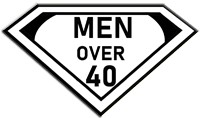

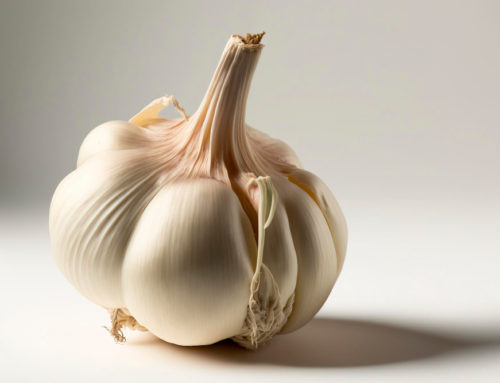
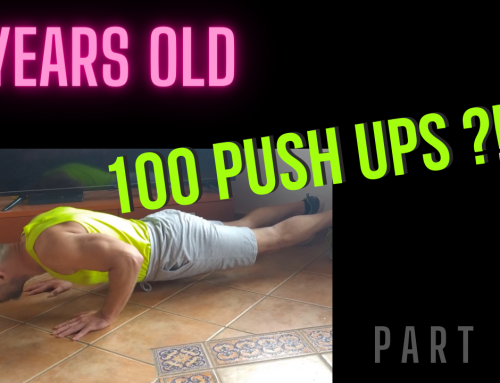
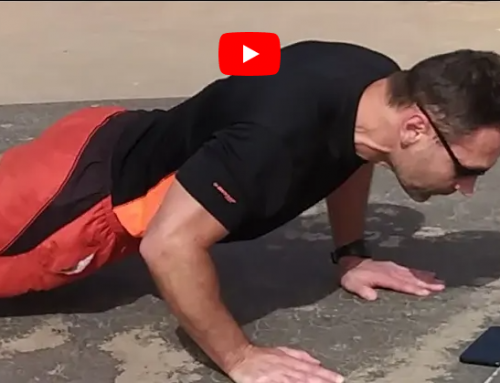
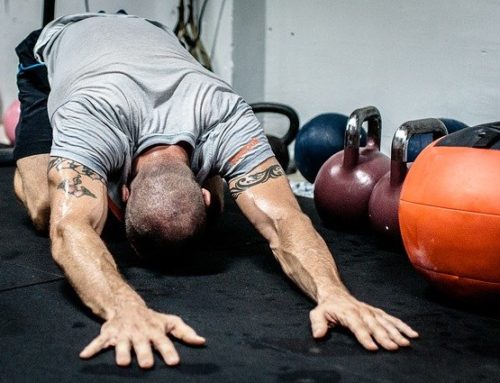
Leave A Comment